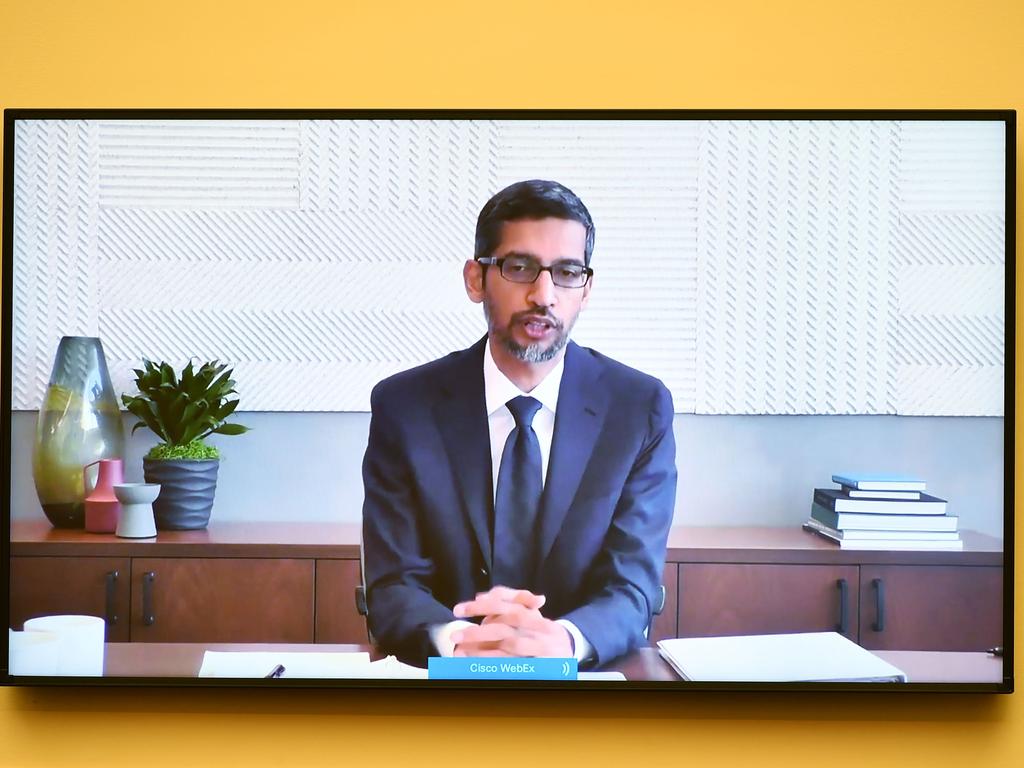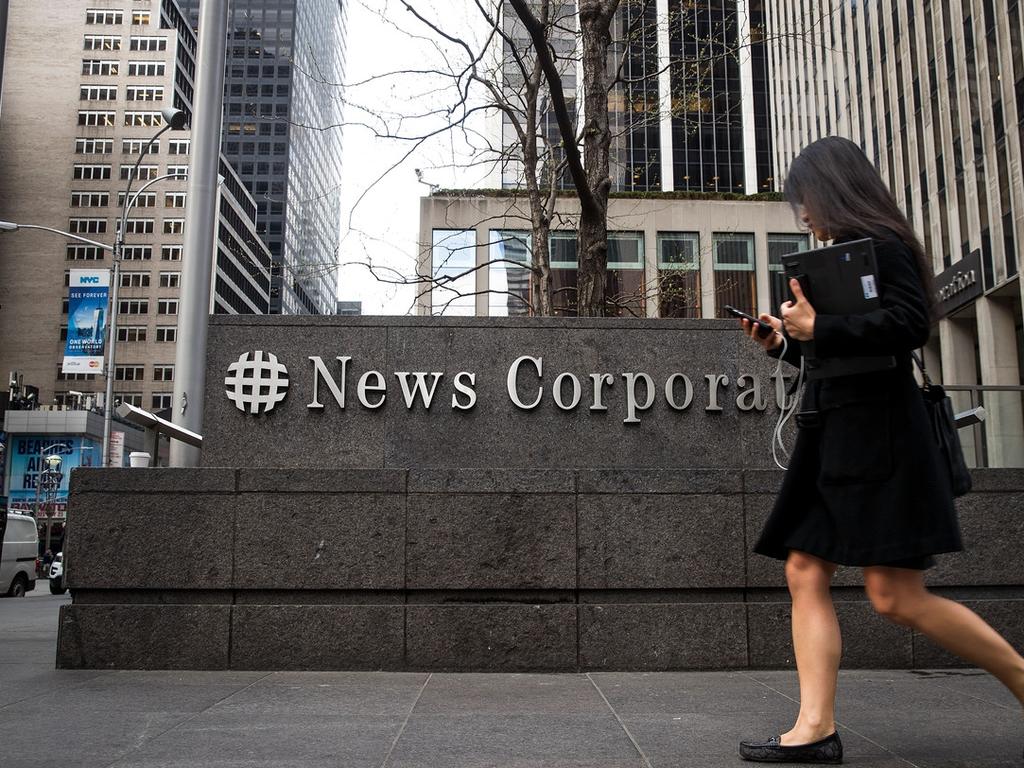As Google and Facebook are called to account, we must ask: could we survive tech-xit?

If Facebook’s 2.7 billion monthly users were citizens, they would be the largest nation on Earth. Google’s billion monthly navigators would dwarf all but China and India. Combined with Amazon and Apple, their combined annual income would earn them a seat at the G20.
These corporations do not merely coexist with nation-states, they interrupt and distort their relationship with their citizens by creating parallel networks that may seem virtual but can become more real than the civic spaces that used to bring people together.
For Facebook and Google, their wealth has been driven by a relentless pursuit of advertising dollars, generated by surveillance that specifically targets the end user and sells access to their desires and weaknesses to the highest bidder.
While the new model has been a boon for those wanting to find a market, it has had a disastrous impact on traditional media models and the ensuing public discourse. As a recent inquiry by the Australian Competition & Consumer Commission found, the loss of premium, independent journalism has had a corrosive effect on our national life, with the void filled with disinformation and self-reinforcing filter bubbles, prompting the regulator to propose a code for the platforms to pay for this premium content.
What should have been a good faith negotiation in the national interest has taken on the guise of a diplomatic stand-off, as Facebook has threatened to withdraw its news service, while Google has alluded to ending free searches for Australian users.
When it comes to these sorts of threats from the Big Tech platforms, Australia is not an island. When the Spanish government passed a law requiring Google to pay for a licence to use news content, Google simply shut its news service down. Right now, Facebook is threatening to close all services across Europe if forced to comply with EU rules preventing it sharing user data with the US.
Implicit in all these threats is a fundamental power proposition: that the threat of Google and Facebook removing services is so consequential that they cannot possibly be regulated by any government.
While the merits of the ACCC code have been exhaustively debated, another dynamic in this stand-off bears scrutiny. If Google and Facebook are prepared to threaten to withdraw services from Australia, surely we need to consider our national exposure.
Having opened up the discussion it’s fair to ask: could Australia survive a Google and Facebook ‘‘tech-xit’’? And if we can’t, what steps should we take to ensure that Australians are not exposed to this sort of risk?
So how reliant are we on these two companies?
As the dominant search engine, most Australians access the web using Google. In return for allowing the engine to chronicle their searches and target ads at them, users type in a few words and the web is their playground.
Removing Google news aggregator services would, on first blush, reduce traffic to some news sites, forcing users to either find an alternate search engine (they do exist) or go straight to the news source.
But the removal of its advertising service on Google and YouTube would be highly disruptive. Young content creators who build their business on YouTube have been particularly concerned that the code would disrupt their businesses. If Google totally withdrew from Australia, these ‘‘influencers’’ would lose their hard-won audiences.
Even more significant, the network of technology products that are part of many businesses and public authorities, from classrooms to hospital services, are built on Google’s suite of productivity tools like Google docs, maps and smart devices. For many organisations their world would, literally, be put on hold.
Facebook’s withdrawal of services would provide different challenges. For the 30 per cent of Australians who get their news primarily form Facebook, blocking Australian news sites would leave them more exposed to disinformation. While many users say they would find their news directly at the source, the short-term disruption would likely reduce overall news consumption.
A more blanket withdrawal, as is being threatened in Europe, would see all its network services including Instagram and WhatsApp removed in Australia, depriving millions of Australians of their social connections. In a time of physical constraint this would indeed be a harmful disruption.
While we do not consider it likely that the two companies will withdraw entirely over the code, the above audit begs the question whether we have become too reliant on two global corporations that will always operate in their commercial self-interest rather than in our national interest.
Reliance on Google and Facebook is so deep and ingrained that there is no quick fix to building national digital autonomy, but there are a few things we should consider now that would make us more resilient.
The first step would be to implement other elements of the ACCC platforms inquiry that give citizens greater control over their personal information, effectively cutting the supply of data that fuels the platform’s market dominance.
With better management of personal privacy, the potency of the advertising algorithm dissipates, opening the way for alternate models of audience engagement to fund journalism.
Secondly, the government should diversify its own technology strategies, actively seeking out and supporting new players with public contracts, while tightening merger laws (another ACCC recommendation) so they just don’t become another hothouse for Big Tech takeovers.
Finally, if we really want to protect our citizens from the risk of broken social connections from a Facebook withdrawal, we need to imagine our own public social network — one that doesn’t monitor our every move and trade the information in a bid to sell us stuff.
An obvious place to start is the ABC. Imagine a national network that offered a home for sporting clubs and community groups and churches and friendship groups, and the chance to organise activities, share information, and support each other.
Imagine a network with national nodes where communities could engage in an independent forum to feed back information to government as well as receive it, providing real value to the public.
Imagine a network where the objective was sharing the most important news and information from friends, rather than driving engagement at all costs with addictive algorithms, and which took the responsibility as a gatekeeper of information seriously.
In bullying our government, Google and Facebook may have actually done us a favour. They’ve given us the chance to imagine a future without them.
Peter Lewis is the executive director of the Centre for Responsible Technology.






The rise of the Big Tech titans has disrupted the international order, creating a competing network of entities with the wealth, reach and power of sovereign states.